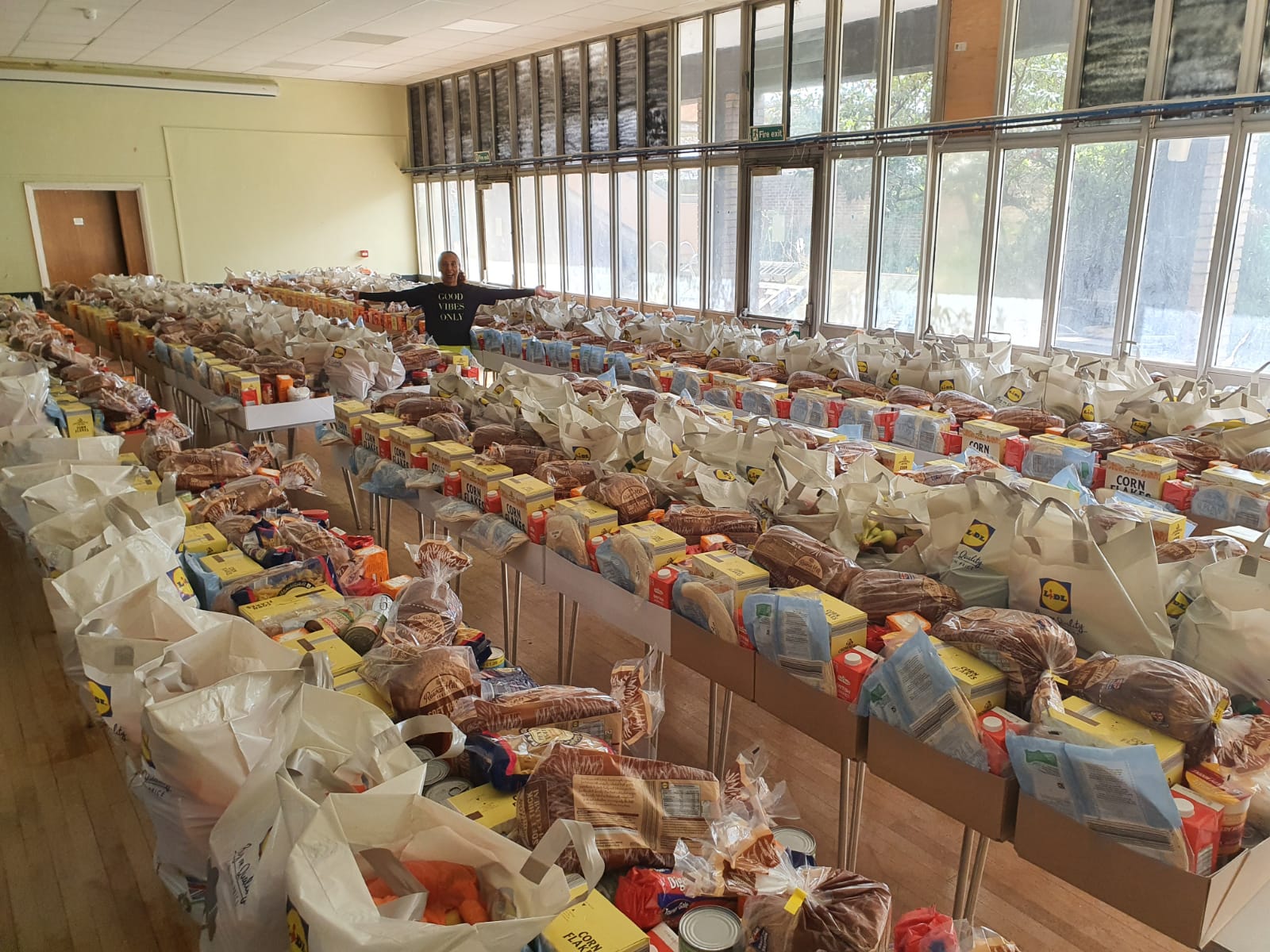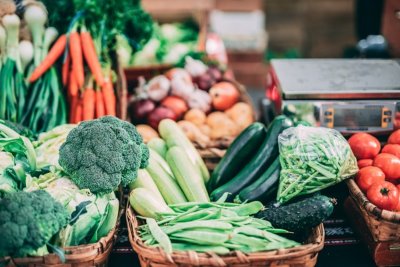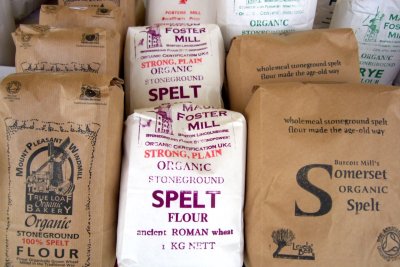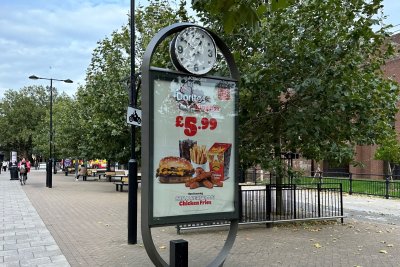 Photo credit: Claire Pritchard, Greenwich CDA
Photo credit: Claire Pritchard, Greenwich CDA
Local authority emergency food hubs
Archived project
Please note that the content on this page has been archived and is not actively reviewed at present.
The Sustain alliance is calling urgently on government – first and foremost – to put more money into the pockets of millions of economically vulnerable people via pensions, social security benefits and/or local authority welfare assistance schemes so that they can buy their own food; thereby also relieving local authorities, Local Resilience Forums and the voluntary sector to be able to focus on those most in need.
In every local authority area there are likely to be a very large number of people vulnerable for reasons other than the ‘shielded, clinically extremely vulnerable’ designation that triggers eligibility for a government food parcel. A very large number of vulnerable people will not be able to access the food they need due to:
- Too little money to buy food
- Personal crisis for reasons other than Covid-19 (e.g. debt, domestic violence)
- Delays or sanctions with social security benefits payments (noting that the estimated 1.8 million who have reportedly signed up for Universal Credit by the end of April 2020 will need to wait five weeks for their first payment, receive a repayable advance, and be unexpectedly on a very low income)
- Health issues, disability or caring roles personally, or in the household
- Lack of friends, family or social support to help buy or collect food
Sustain has developed a document setting out a strategic approach to Covid-19 food and vulnerability setting out categories, triage and a suite of options for response. This draws on models being applied by Local Resilience Forum / local authority / voluntary and community sector (VCS) partnerships across the country.
We are documenting examples of models that we think are scalable or replicable to help secure food for large numbers of people during Covid-19, including:
- A briefing Learning from Greenwich, sharing the Covid-19 response pathway, triage and payment systems, and packing lists for four types of Food Boxes, developed by Greenwich Cooperative Development Agency, working in partnership with the Royal Borough of Greenwich and Charlton Athletic Community Trust. A webinar recording shares further details of the Greenwich model: http://www.anymeeting.com/729-518-989/EA50DA89814F3F (start from just before 18 minutes in).
- A briefing on how to integrate wholesale food supplies into the Covid-19 emergency food response, for local authorities and LRF hubs. This reports on an initiative by the London Borough of Southwark to facilitate food for home delivery to 1,200 vulnerable non-shielded people per week, potentially scalable to 4,000 per week. Indicatively, our estimates suggest that such schemes could feed up to 36,000 in London; over 400,000 across the UK; as one part of a scalable and strategic approach to food and vulnerability during Covid-19 and beyond.
Local authorities and Local Resilience Forum food response coordinators can sign up (free of charge, charitably funded, open access) to the Coordinator Catch-up: Local Emergency Food Responses to Covid-19, weekly online forum. This brings together 60+ coordinators from local food partnerships across the UK, who are part of our Sustainable Food Places and Food Power networks. You can also sign up to the newsletter of the Sustainable Food Places network. This will connect you to models of good practice, webinars, funding news and other useful support for Covid-19 emergency food responses and addressing food and vulnerability.
In London, local authorities and LRF food response coordinators can join the London Food Board boroughs sub-group, email: liam.weeks@gla.gov.uk.
Coronavirus Food Alert: Sustain's work on food resilience in the COVID-19 coronavirus pandemic.We are helping secure food for vulnerable people and supporting local emergency responses.
Sustain
The Green House
244-254 Cambridge Heath Road
London E2 9DA
020 3559 6777
sustain@sustainweb.org
Sustain advocates food and agriculture policies and practices that enhance the health and welfare of people and animals, improve the working and living environment, promote equity and enrich society and culture.
© Sustain 2024
Registered charity (no. 1018643)
Data privacy & cookies


